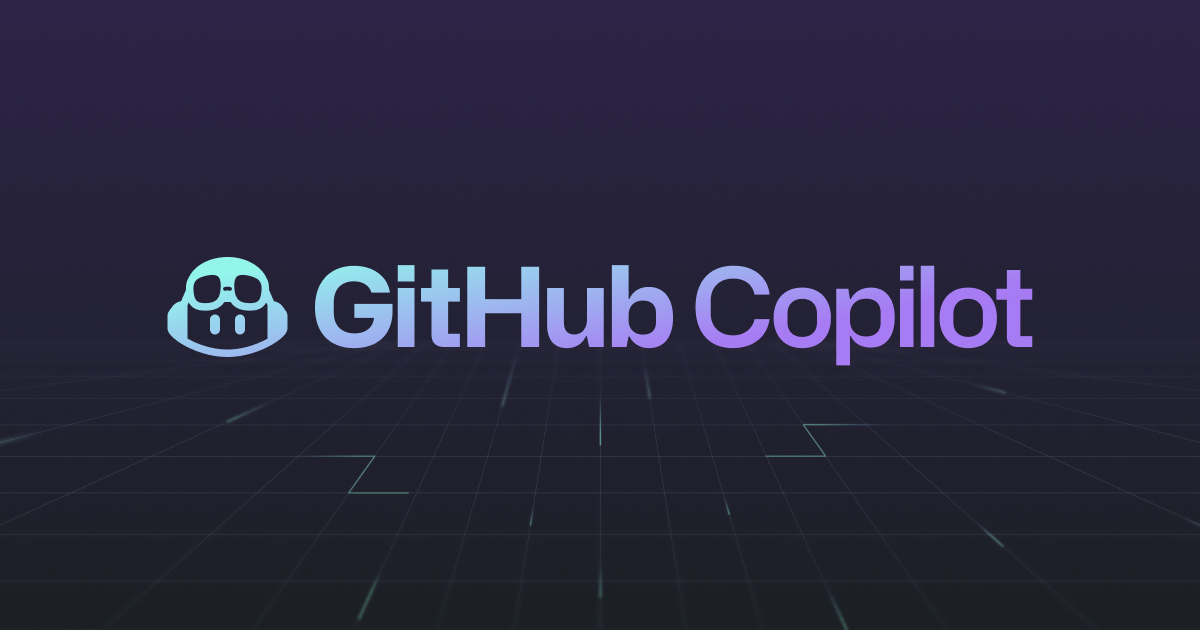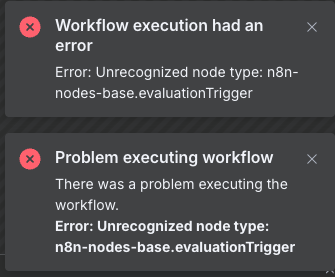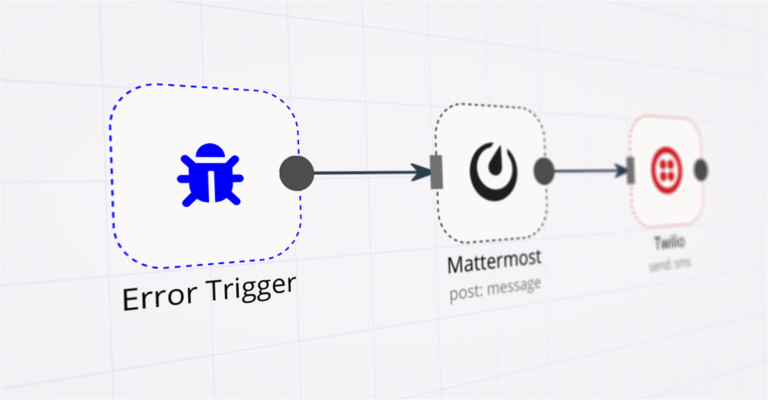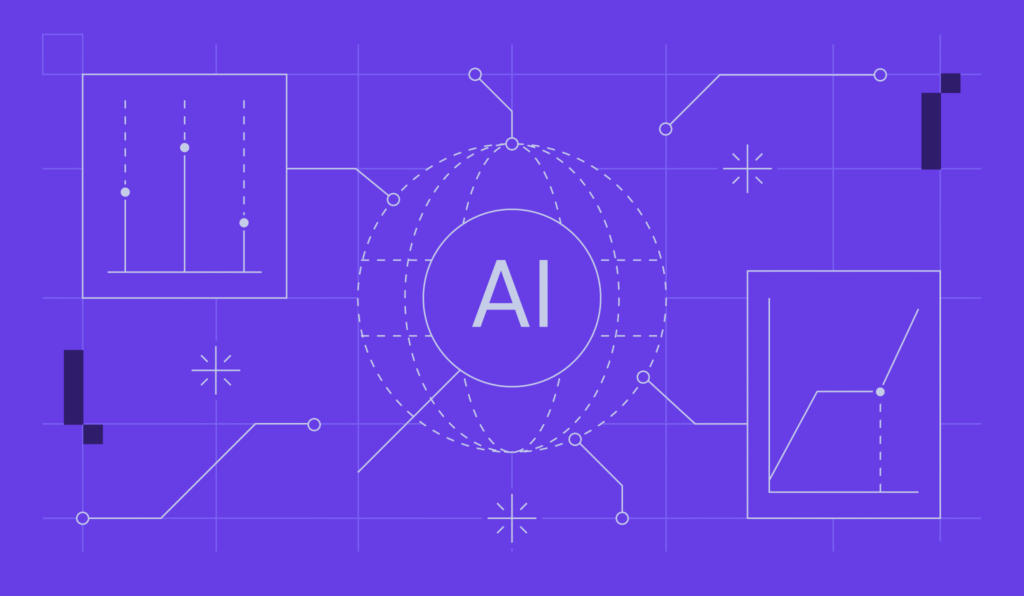
In the ever-evolving landscape of software development, the demand for tools that enhance productivity and streamline the coding process continues to grow. Two notable innovations in this domain are AWS CodeWhisperer and GitHub Copilot. These tools aim to redefine how developers write code by leveraging advanced AI and machine learning capabilities. In this article, we will delve into a comprehensive comparison between AWS CodeWhisperer and GitHub Copilot, exploring their features, functionalities, strengths, and potential areas of improvement.

Overview of AWS CodeWhisperer: AWS CodeWhisperer is a powerful code generation tool developed by Amazon Web Services (AWS). It is designed to assist developers in writing high-quality, efficient code by providing context-aware suggestions and automating repetitive coding tasks. CodeWhisperer integrates seamlessly with popular integrated development environments (IDEs) and supports multiple programming languages.Key Features of AWS CodeWhisperer:a. Context-Aware Code Suggestions: CodeWhisperer analyzes the code context and provides intelligent suggestions, reducing the cognitive load on developers.b. Multi-Language Support: CodeWhisperer supports a variety of programming languages, enabling developers to use the tool across diverse projects.c. Integration with AWS Services: Seamless integration with AWS services allows for efficient development and deployment of cloud-native applications.d. Collaboration and Version Control: CodeWhisperer facilitates collaboration among development teams and integrates with version control systems, enhancing code management.

Overview of GitHub Copilot:GitHub Copilot, developed by GitHub in collaboration with OpenAI, is an AI-powered code completion tool. It is built on OpenAI’s Codex model, which is trained on a vast dataset of publicly available code. Copilot assists developers by suggesting entire lines or blocks of code based on the context of their work, significantly accelerating the coding process.Key Features of GitHub Copilot:a. Natural Language Understanding: Copilot understands natural language comments and generates code snippets that align with the developer’s intent.b. Multi-Language Support: Similar to CodeWhisperer, Copilot supports multiple programming languages, making it versatile for various development projects.c. Real-Time Code Suggestions: Copilot provides real-time code suggestions as developers type, promoting a fluid and iterative coding experience.d. GitHub Integration: Copilot seamlessly integrates with GitHub repositories, offering a streamlined workflow for version control and collaboration.
- Comparative Analysis:
a. Code Suggestions and Completions:- CodeWhisperer: Provides context-aware suggestions with a focus on improving code quality and efficiency.Copilot: Offers real-time, natural language-based code completions, aiming to accelerate the coding process.
- CodeWhisperer: Integrates with AWS services and supports collaboration within the AWS ecosystem.Copilot: Integrates seamlessly with GitHub, providing a familiar environment for version control and collaboration.
- CodeWhisperer: May have a learning curve as developers adapt to its context-aware suggestions.Copilot: Designed for ease of use with natural language understanding, potentially reducing the learning curve.
- CodeWhisperer: Offers customization options but may be more rigid in adapting to specific coding styles.
- Copilot: Provides flexibility and adaptability based on the developer’s coding patterns.
- Conclusion:In conclusion, both AWS CodeWhisperer and GitHub Copilot represent significant strides in leveraging AI for code generation. The choice between the two depends on factors such as individual preferences, the existing development ecosystem, and specific project requirements. CodeWhisperer emphasizes context-aware suggestions and tight integration with AWS services, while Copilot focuses on real-time, natural language-based code completions within the GitHub environment. As these tools continue to evolve, developers can expect further enhancements and refinements in the realm of AI-powered coding assistance. Ultimately, the adoption of these tools signifies a paradigm shift in the way developers approach and execute coding tasks, promising increased efficiency and innovation in software development.
Happy coding, and here’s to a future filled with intelligent coding assistance!





